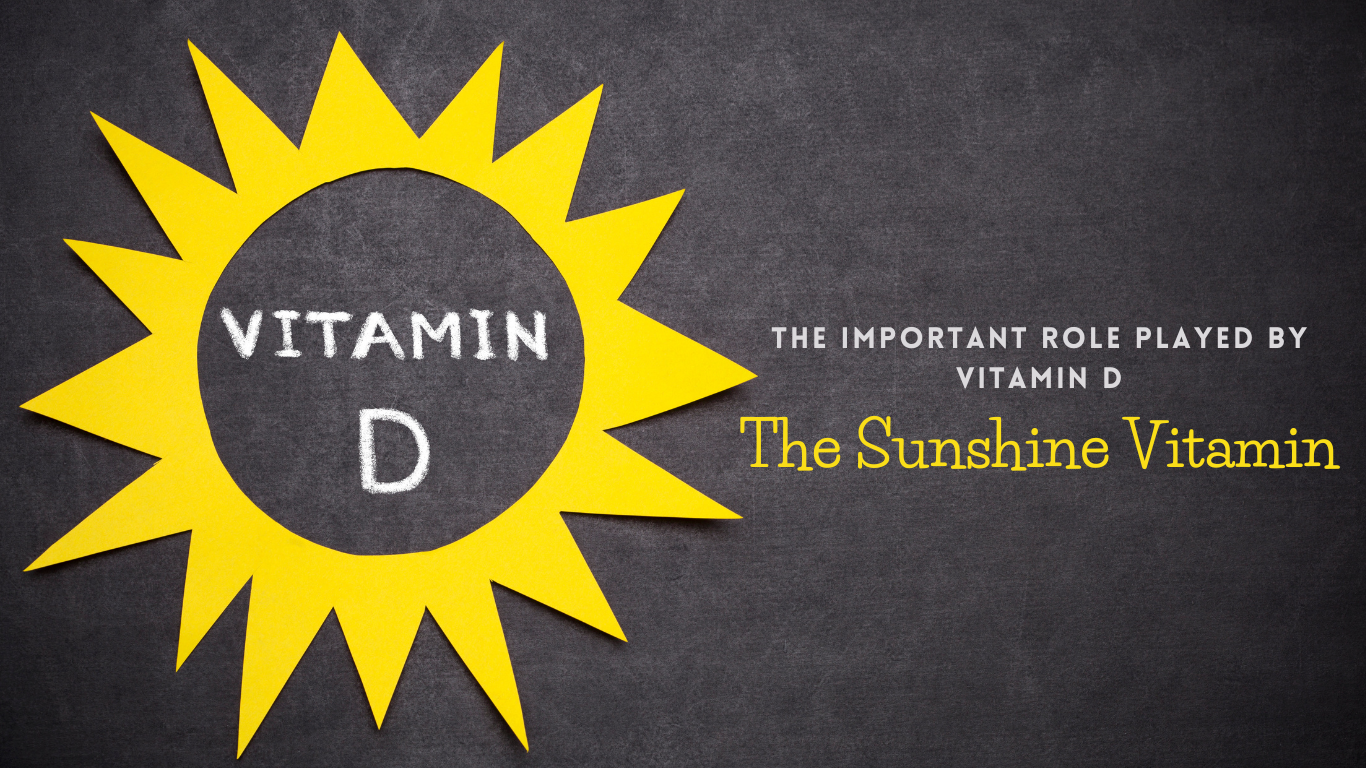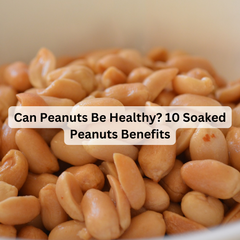Vitamins play a vital role in maintaining normal functions of the body. They fight off any diseases like cancer and rickets and guard the body from other diseases and health problems. Thus, it is important to make sure you are getting enough vitamins in your body with the right food choices. In many cases, it has been noted that people find it hard to meet the requirement of vitamin D in their bodies. If you are one of them, who is suffering from vitamin D deficiency this is the right content for you. Here you will find some basic information on different types of foods that can provide vitamin D to your body.
Understanding Vitamin D and the Important Role it Plays:
Vitamin D, often referred to as the “Sunshine Vitamin” maintains the health and well-being of the body. The important role played by this vitamin variant cannot be overlooked. From maintaining bone health to the body's immune function, vitamin D plays a crucial role. Unlike other vitamins that could be obtained through diet, vitamin D can be synthesized when the body is exposed to sunlight. Basically, there are two main types of vitamin D, which are Vitamin D2 (ergocalciferol) and Vitamin D3 (cholecalciferol). These vitamins could be obtained from plant sources for Vitamin D2, and animal sources for Vitamin D3.
The Role of Vitamin D in the Body:
Vitamin D prevents any type of infection in the body. They also slow down the formation of cancer-causing cells and lessen inflammation. Numerous organs and tissues in the body have Vitamin D receptors, which indicates that this vitamin is important for the body to perform different tasks in addition to maintaining bone health. On the other hand, vitamin D deficiency can hamper several physiological processes in the body. Deficiency of this vitamin can cause issues like osteomalacia in adults and rickets in children.
Another amazing function of Vitamin D in the body is its ability to help the body absorb calcium and phosphate from the intestines. It is also necessary for a process called bone mineralization. Together with calcium and other minerals, vitamin D makes the bones dense and strong. Some studies have also shown that providing an adequate amount of vitamin D to the body may also lower any chances of developing chronic diseases like diabetes, some types of cancer, and heart diseases. However, additional studies are required to show the exact effects.
Common Symptoms of Vitamin D Deficiency:
Vitamin D deficiency is one of the major health concerns faced by people around the world. These problems are commonly found in people located in regions with limited exposure to sunlight and following certain dietary restrictions. Some of the common symptoms of vitamin D deficiency are joint pains, frequent infections due to a weak immune system, tiredness, fatigue even after a good night’s sleep, cuts and bruises taking a longer time to heal, etc.
Understanding the Benefits of Vitamin D:
- Bone Health: The first and foremost health benefit of vitamin D is its ability to help the body maintain strong and healthy bones. On the other hand, it also helps to reduce the risk of osteoporosis and fractures, especially in older adults.
- Mood Enhancement: Many studies have linked mood disorders like depression with vitamin D deficiency. An adequate supply of vitamin D can improve the overall mood and well-being of the body.
- Immunity Support: Vitamin D is also known to support the immune system in the body. This helps in fighting off different types of infections and reduces the risk of autoimmune diseases.
- 4. Cancer Prevention: Some studies have shown a connection between vitamin D and a reduced risk of different types of cancers like prostate, breast, and colorectal cancer. However, more studies and research are required to conclude the actual effects.
- Heart Health: Vitamin D may help lower the risk of different types of heart diseases. This is mainly due to their ability to reduce inflammation and improve blood vessel functions of the heart.
Sources of Vitamin D:
Sunlight: Exposure to sunlight produces Vitamin D in the body. When the UVB rays from the sun hit the body, a chemical reaction occurs that converts cholesterol derivatives into vitamin D3. However, different factors like geographical location, skin pigmentation, use of sunscreen, and time of the day can affect this process.
Which Food are High in Vitamin D?
Dietary Sources: There are some foods that naturally contain Vitamin D. Some examples are dietary foods like egg yolks, cheese, fatty fish (mackerel, salmon, and tuna), and fortified foods like milk, cereals, and orange juices. If you are a vegetarian, you can also try different types of supplements available in the market.
Dry Fruits to Try:
Almonds: Almond milk is a rich source of Vitamin D. Just 100 gms of fortified almonds can provide 9% of the DV of vitamin D. You can easily buy premium quality almonds from Healthy Master and consume them to obtain maximum health benefits. Other health benefits include weight management, a healthy heart, and healthy skin.
Anjeer: Another dry fruit you can buy from Healthy Master to provide enough vitamin D to your body including Anjeer or dates. It is considered a wonderful source of vitamins A, B, C, and D. Apart from helping you to maintain optimum bone health, anjeer can also help you to fight acne and blemishes, cure constipation, and reduce the risk of breast cancer.
Conclusion:
Spending about 20 minutes in the sun can provide adequate Vitamin D for your body. As this particular vitamin plays a major role in maintaining good bone health and immune functions, it is very important to incorporate practices and foods that can provide an ample supply of Vitamin D to your body.
 Deal of the week : Trial Snack Box - 18 Wholesome Delights Just at ₹ 899.00
Deal of the week : Trial Snack Box - 18 Wholesome Delights Just at ₹ 899.00





















